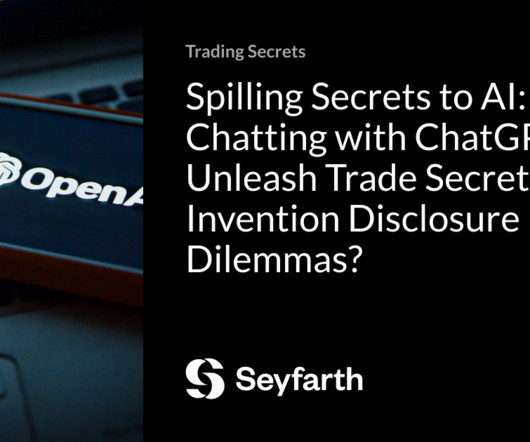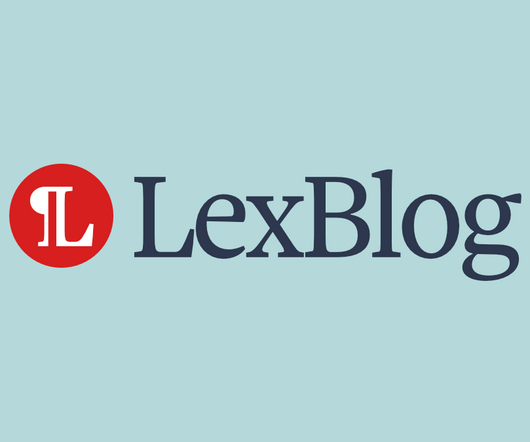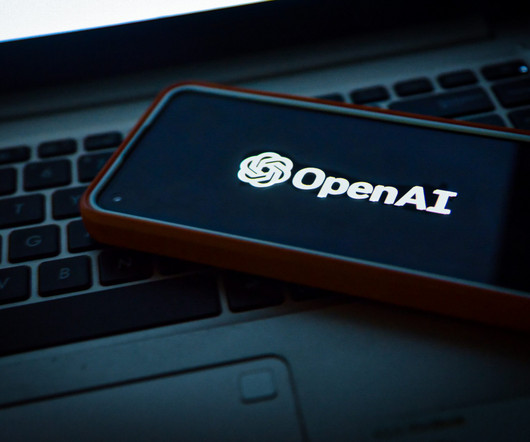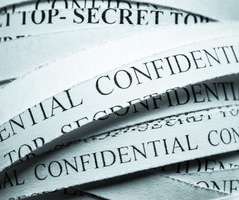Spilling Secrets to AI: Does Chatting with ChatGPT Unleash Trade Secret or Invention Disclosure Dilemmas?
Trading Secrets
APRIL 18, 2023
In our AI-driven world, we might rephrase it as: If we share our secrets with an AI language model like ChatGPT, but the information remains unused, does it count as trade secret disclosure or public disclosure of an invention? Spoiler alert: sharing invention details with ChatGPT does not count as public use or on sale.















Let's personalize your content